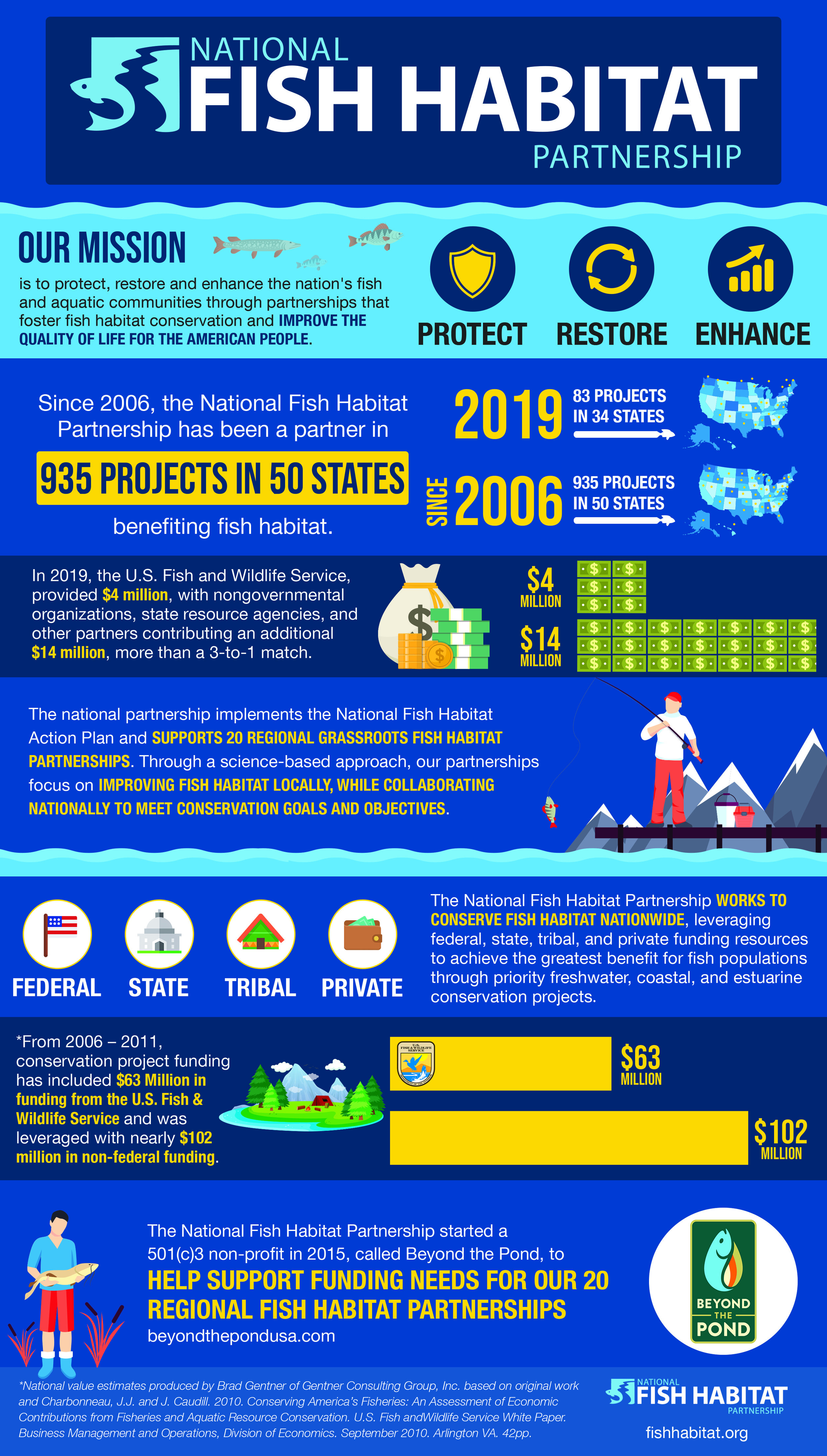NOAA Fisheries has announced proposed measures adopted by the Mid-Atlantic Fishery Management Council as part of Amendment 21 to the Atlantic Mackerel, Squid, and Butterfish Fishery Management Plan to manage chub mackerel.
Because a directed fishery for Atlantic chub mackerel recently emerged in the Mid-Atlantic, in 2017 the Mid-Atlantic Council implemented initial measures to maintain existing catch levels while it developed a long-term management approach. In the intervening three years, the Council has collected more detailed information on chub mackerel and has developed management measures to help achieve and maintain the sustainability of the chub mackerel resource.
This action would designate essential fish habitat; set catch limits for 2020-2022; and implement an annual catch limit, accountability measures, possession limits, permitting and reporting requirements, and other administrative measures for Atlantic chub mackerel caught from Maine through North Carolina.
Proposed 2020 and Projected 2021-2022 Atlantic Chub Mackerel Specifications
For more details, please read the rule as published in the Federal Register. Supporting analysis for this rule is available on the Council’s website.
The comments due date is April 8, 2020. To submit comments, please use the Federal e-rulemaking portal, or send comments by regular mail to Michael Pentony, Regional Administrator, National Marine Fisheries Service, 55 Great Republic Drive, Gloucester, MA, 01930. Please mark the outside of the envelope, "Comments on the Comments on Chub Mackerel Proposed Rule."
Questions?
Fishermen: Contact Doug Christel, Regional Office, 978-281-9141
Media: Contact Jennifer Goebel, Regional Office, 978-281-9175


